Keith Pitt looks to calm deal fears as China pulls out of Woodside buy
Resources Minister Keith Pitt has defended Australia’s investment credentials and says spending will return to the industry.
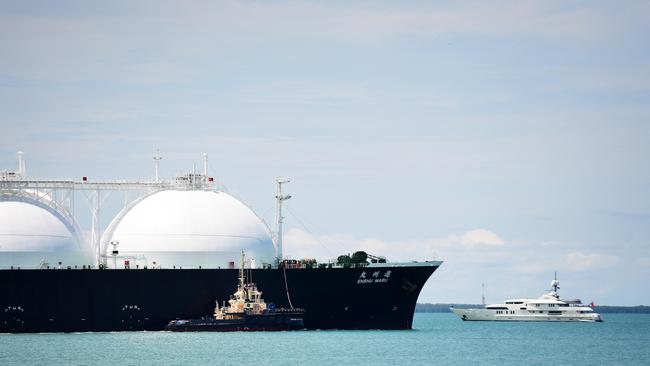
Resources Minister Keith Pitt has defended Australia’s investment credentials and says spending will return to the industry after Woodside Petroleum revealed Chinese buyers axed a potential deal to buy a stake in its $16bn Scarborough gas project amid trade tensions.
Woodside said Chinese buyers pulled out of talks to acquire a 25 per cent share in Scarborough partly due to concerns over foreign investment hurdles, signalling frosty trading relations between the nations in commodities such as coal were now damaging Australia’s ability to attract foreign investment.
“I am confident that we will see investment pick up again in the oil and gas industry,” Mr Pitt told The Australian. “LNG export volumes to all of our trading partners in Asia have held up remarkably well despite the oil price downturn. The Morrison/McCormack government is focused on ensuring a bright future for all our resources sector and maintaining our reputation as an attractive investment destination.”
China’s decision to ditch investment in Australia’s energy sector reflects mounting geopolitical tensions and tougher foreign investment rules, according to Credit Suisse. It follows a move by Morrison government officials who last week advised China-exposed businesses in Australia to “find other markets” during a crisis phone hook-up ahead of a threatened China ban on exports worth $6bn a year.
Big Australian energy assets may increasingly be seen as a difficult proposition for Chinese investors.
“Expectations for LNG asset sell-downs were already muted given weak market conditions,” Credit Suisse analyst Saul Kavonic said.
“The prospect for Chinese buyers acquiring such material Australian gas infrastructure has become further challenged this year in the wake of geopolitical tensions and a stricter Foreign Investment Review Board lens being applied to such situations recently.”
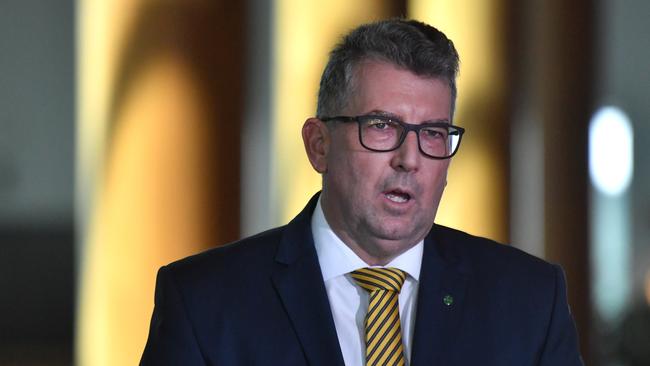
The Morrison government in June introduced a new national security test for all foreign investment bids for sensitive assets, including energy companies, in the biggest shake-up of foreign acquisition and takeover laws in 45 years.
Still, Mr Pitt defended the government’s investment settings.
“Australia remains one of the world’s most attractive destinations for foreign investment for a range of reasons, including our robust legal system, abundant natural resources and skilled workforce,” Mr Pitt said.
Treasurer Josh Frydenberg in 2018 rejected Hong Kong-listed CK Infrastructure’s $13bn bid for Australia’s dominant gas pipeliner APA, saying he did not think it would be in the national interest. Some opponents of the deal had raised concerns about the potential Chinese influence on CK, which is owned by Hong Kong’s billionaire Li family.
Two years earlier Scott Morrison as treasurer blocked two Chinese bids for NSW’s electricity assets on national security grounds.
China relied on Australia for 40 per cent of its LNG needs and it might be in the interests of both nations to diversify and discover new markets and investors, consultancy EnergyQuest said.
“I think there is a bigger issue for the industry. Australia is the dominant supplier of LNG to China with a 40 per cent market share. Every silver lining has a cloud. It’s in the interests of both sides to diversify their markets and suppliers but that’s not easy to do,” EnergyQuest chief executive Graeme Bethune said.
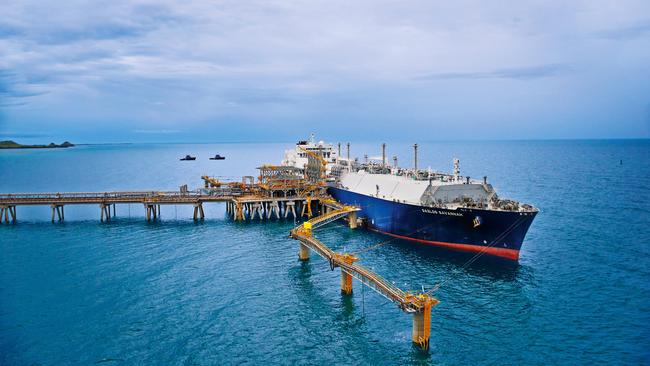
Intervention by the government in Australia’s east coast gas market could further scare off potential investment by Chinese heavyweights.
“There are also potential issues on the east coast where continuing investment by CNOOC, Sinopec and PetroChina is essential for domestic gas supply as well as LNG. Any heavy-handed government action to divert gas to domestic or to regulate prices could badly backfire. I’m sure the government is conscious of this,” Mr Bethune said.
Woodside in April 2019 signed a pact with China’s ENN for LNG supply, which may have led to the Chinese company also entering talks to take a stake in Scarborough, one source said.
ENN is also Santos’ biggest shareholder and its heads of agreement with Woodside was to explore co-operation in LNG marketing, trading and shipping along with oil and gas exploration and production.
One of China’s state-owned national oil companies such as CNOOC was also likely to have opened talks with Woodside given the historic supply relationship between the pair.
Woodside’s decision to abandon trimming its Scarborough ownership has funding implications with the WA producer now facing a $US1.5bn ($2.05bn) equity cheque to fund its expansion of the Pluto LNG plant, according to Citi.



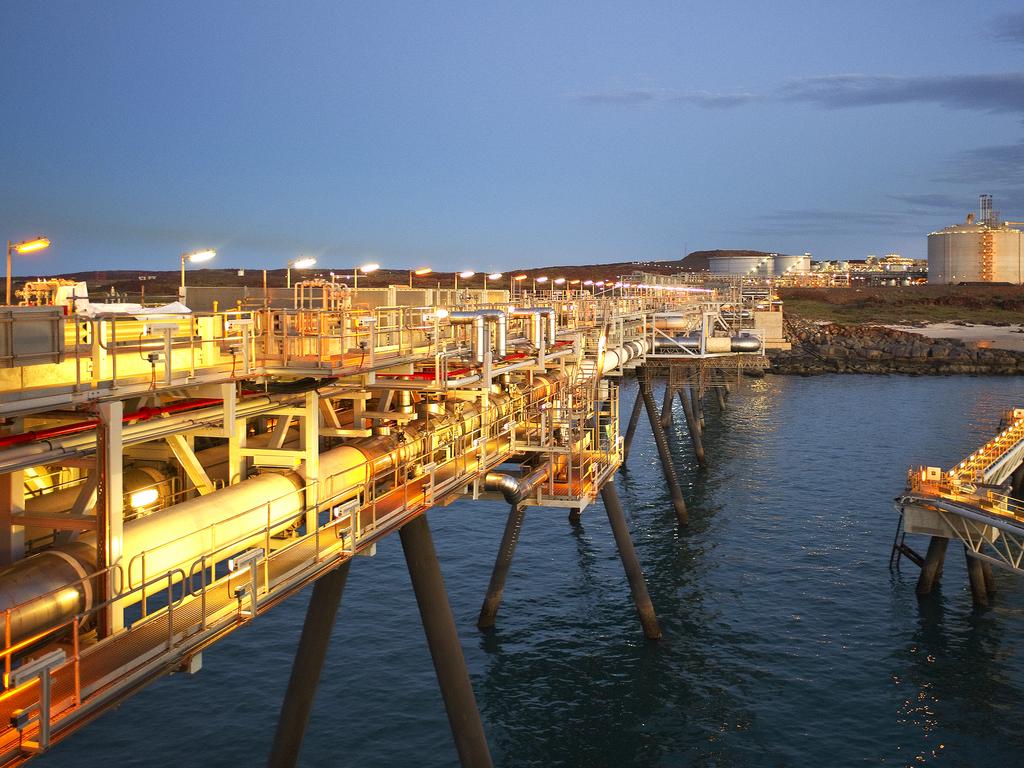

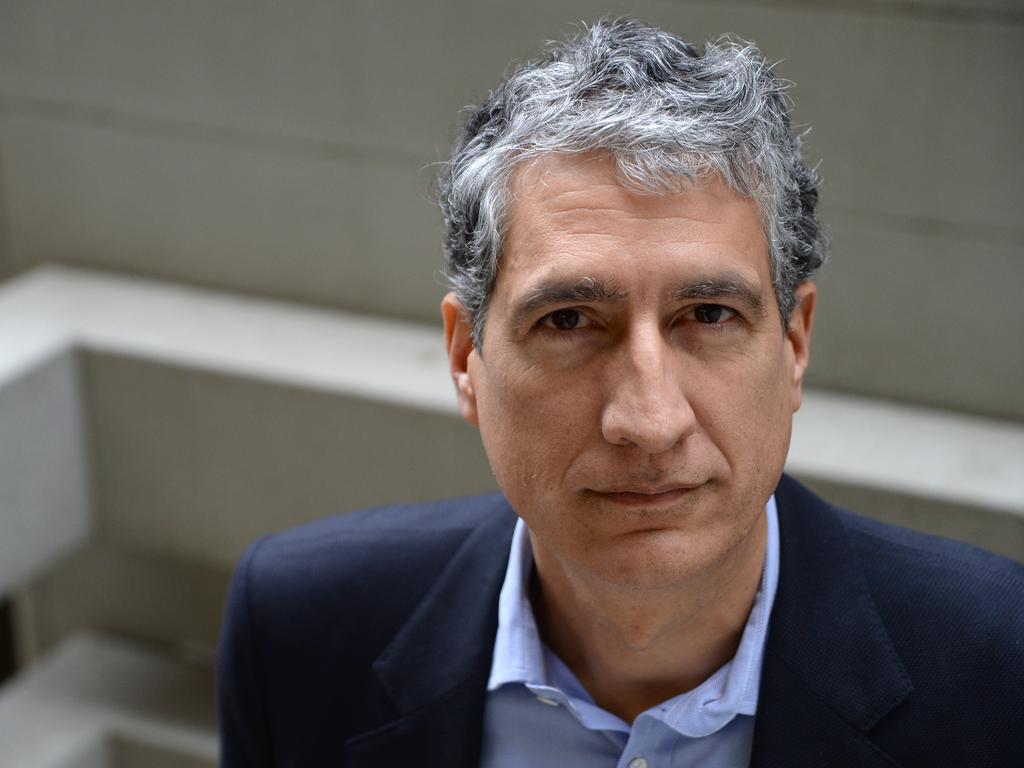
To join the conversation, please log in. Don't have an account? Register
Join the conversation, you are commenting as Logout